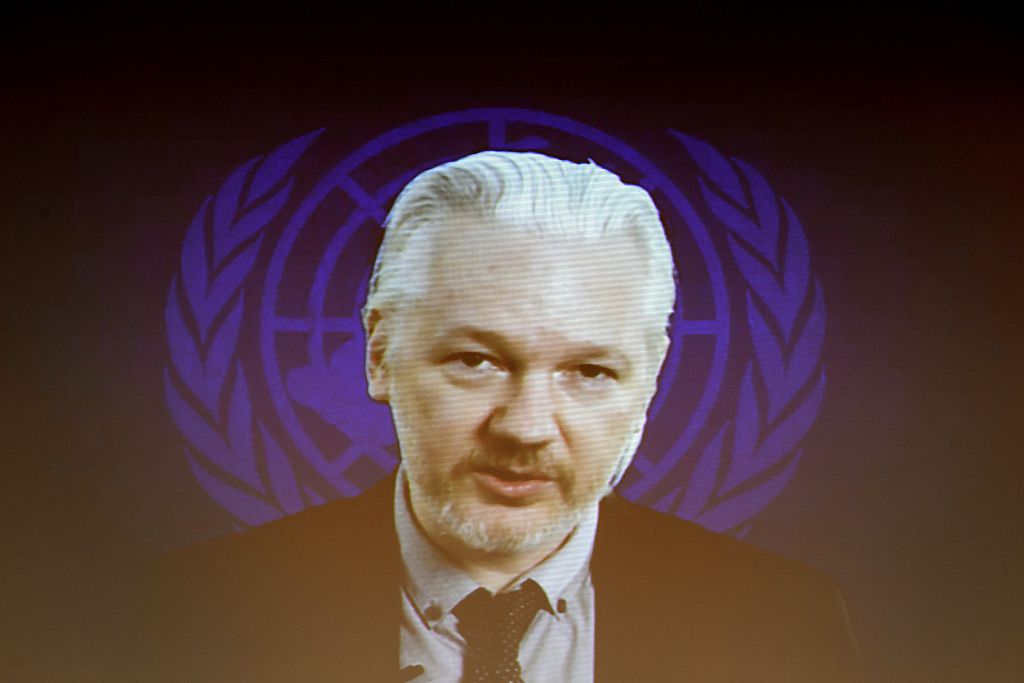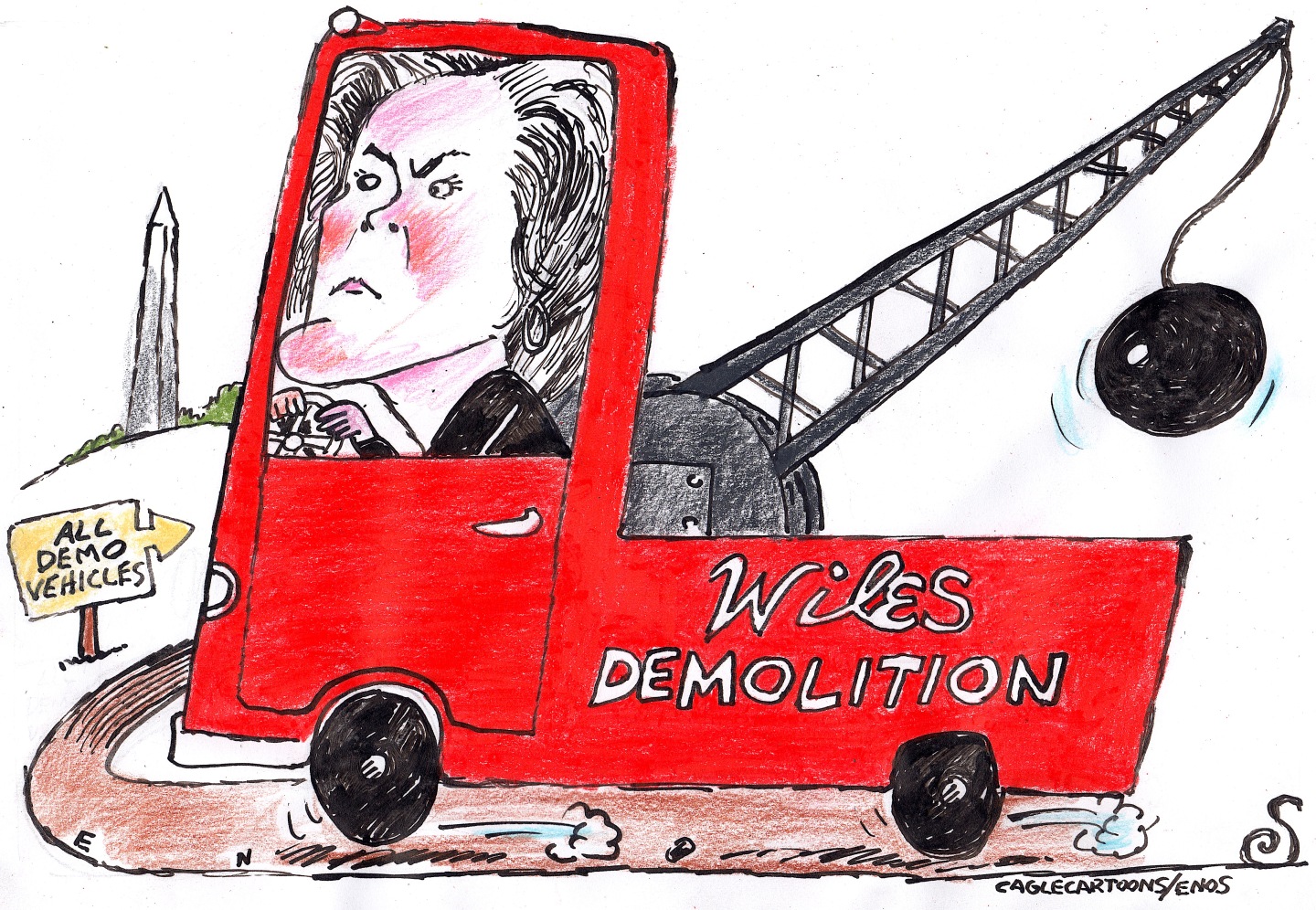Julian Assange says he will surrender Friday if UN tribunal rules against him


WikiLeaks founder Julian Assange has been inside Ecuador's London embassy since 2012, seeking to avoid extradition to Sweden on sexual assault charges, but his long standoff with British authorities may finally be nearing its end. Early Thursday, Assange said on Twitter that if a United Nations panel on arbitrary detention rules that he has not been illegally detained inside the Ecuacorean embassy, as he claimed in a 2014 complaint, he will "exit the embassy at noon on Friday to accept arrest by British police as there is no meaningful prospect of further appeal."
If the legal experts at the UN Working Group on Arbitrary Detentions side with him, however, Assange said he expects "the immediate return of my passport and the termination of further attempts to arrest me." The panel does not have any formal authority over British or Swedish authorities, BBC News reports.
The UN panel is expected to announce its decision on Friday. Assange was originally arrested in 2010 on a European arrest warrant, and he took refuge in the Ecuador embassy after the UK courts ruled that he could be extradited to Sweden. Assange says that if he is sent to Sweden, the U.S. will try to extradite him to face charges related to WikiLeaks' publication of classified documents.
The Week
Escape your echo chamber. Get the facts behind the news, plus analysis from multiple perspectives.

Sign up for The Week's Free Newsletters
From our morning news briefing to a weekly Good News Newsletter, get the best of The Week delivered directly to your inbox.
From our morning news briefing to a weekly Good News Newsletter, get the best of The Week delivered directly to your inbox.
UPDATE: The UN panel has ruled in Assange's favor, BBC News reports. British police said they would still arrest him if he left the embassy.
A free daily email with the biggest news stories of the day – and the best features from TheWeek.com
Peter has worked as a news and culture writer and editor at The Week since the site's launch in 2008. He covers politics, world affairs, religion and cultural currents. His journalism career began as a copy editor at a financial newswire and has included editorial positions at The New York Times Magazine, Facts on File, and Oregon State University.
-
 5 fairly vain cartoons about Vanity Fair’s interviews with Susie Wiles
5 fairly vain cartoons about Vanity Fair’s interviews with Susie WilesCartoon Artists take on demolition derby, alcoholic personality, and more
-
 Joanna Trollope: novelist who had a No. 1 bestseller with The Rector’s Wife
Joanna Trollope: novelist who had a No. 1 bestseller with The Rector’s WifeIn the Spotlight Trollope found fame with intelligent novels about the dramas and dilemmas of modern women
-
 Codeword: December 20, 2025
Codeword: December 20, 2025The daily codeword puzzle from The Week
-
 Nobody seems surprised Wagner's Prigozhin died under suspicious circumstances
Nobody seems surprised Wagner's Prigozhin died under suspicious circumstancesSpeed Read
-
 Western mountain climbers allegedly left Pakistani porter to die on K2
Western mountain climbers allegedly left Pakistani porter to die on K2Speed Read
-
 'Circular saw blades' divide controversial Rio Grande buoys installed by Texas governor
'Circular saw blades' divide controversial Rio Grande buoys installed by Texas governorSpeed Read
-
 Los Angeles city workers stage 1-day walkout over labor conditions
Los Angeles city workers stage 1-day walkout over labor conditionsSpeed Read
-
 Mega Millions jackpot climbs to an estimated $1.55 billion
Mega Millions jackpot climbs to an estimated $1.55 billionSpeed Read
-
 Bangladesh dealing with worst dengue fever outbreak on record
Bangladesh dealing with worst dengue fever outbreak on recordSpeed Read
-
 Glacial outburst flooding in Juneau destroys homes
Glacial outburst flooding in Juneau destroys homesSpeed Read
-
 Scotland seeking 'monster hunters' to search for fabled Loch Ness creature
Scotland seeking 'monster hunters' to search for fabled Loch Ness creatureSpeed Read
